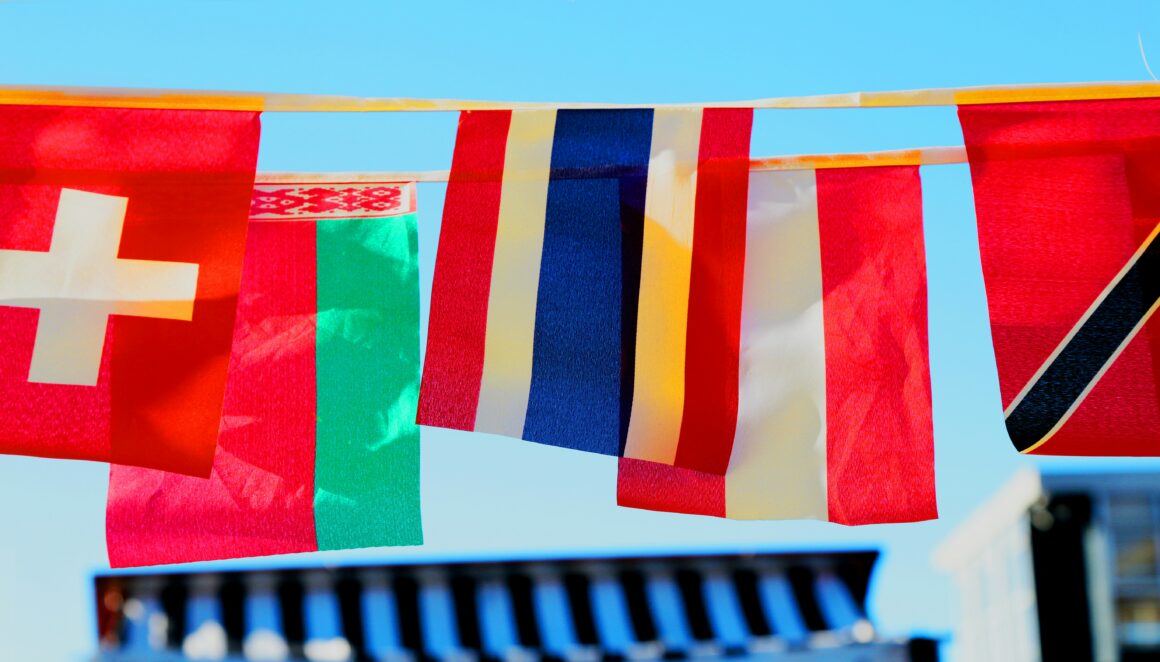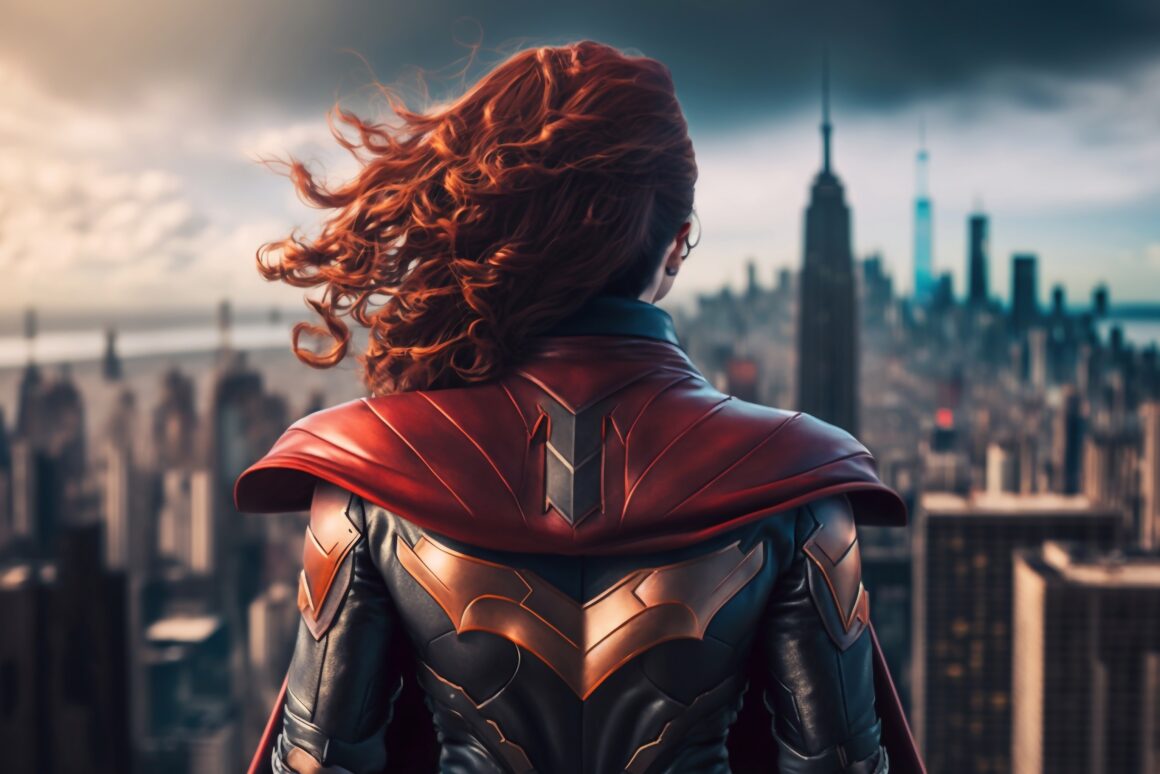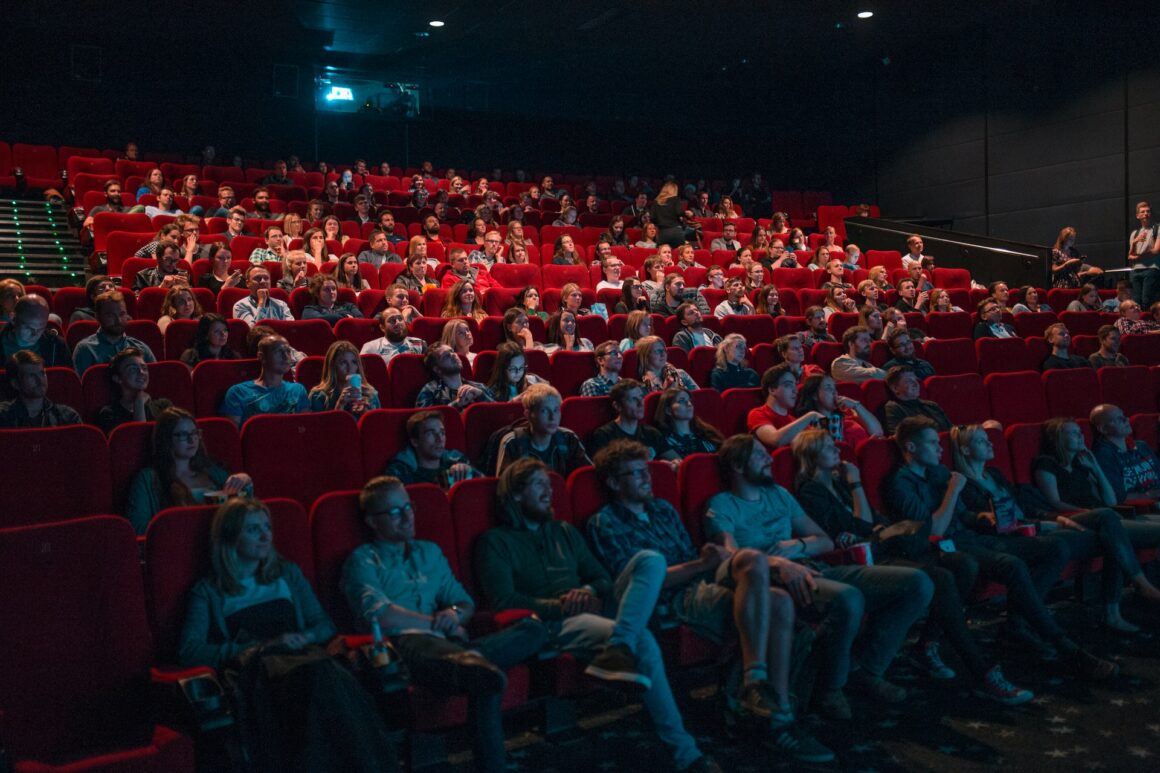With Dev Patel currently standing as the only Asian Oscar 2017 nominee for Best Supporting Actor, it felt appropriate to commemorate the wonderfully gifted (yet limited in numbers) Asian Oscar winners of the past. Despite the plethora of creativity and talent within the Asian community (American or otherwise), the list of Asian Oscar winners over the past 88 years is far from extensive.
While the everlasting debate of whether the Oscar award-system is rigged, there is no denying how odd it is that some of the biggest names in Hollywood and the film industry had to be awarded Honorary Oscars to have their contribution to films and media acknowledged as they deserved to be.
Keeping these facts in mind, there could not be a more suitable time to remember the works that Asian creatives have blessed the world with. Some slightly bitter critics might argue that the Oscars are already awarded based completely on merit and thus, whining about lack of representation would only be for the sake of representation. Whatever the opinion on that statement, it does not take away the fact that more representation is always good for the community nor that these works deserve appreciation at all.
In addition to that, there would be no better time to be aware of the effort with which these Asian creatives put into their work so as to be nominated (and subsequently, winners).
By extension, we remember to appreciate future works produced by Asian creatives as members of society pursuing a wider diversity of celebrated art and perspectives in film and media.
- Hayao Miyazaki – Honorary Academy Award

via Rolling Stone; Jun Sato/WireImage One of the most renown names in the film industry, there is no doubt Hayao Miyazaki’s animated films changed and influenced the world of animated films. His art style and storytelling methods are instantly recognisable due to their unique features. These include settings inclusive of fantasy/magic, odd mythical creatures, complex female protagonists, romance and family, historical elements such as the world war and humanity’s relationship with nature/technology with strong ties to his native, Japan. The stories are often shown through a series of powerfully moving events rather than heavy or witty dialogue.
As the co-founder of Studio Ghibli, Miyazaki was also the first Asian to win and be nominated for Best Animated Feature in 2003 for Spirited Away, though he refused to attend the ceremony due to the US’s foreign intervention of Iraq. Miyazaki then went on to be nominated two more times in the same category for Howl’s Moving Castle (2005) and The Wind Rises (2013). In 2014, Hayao Miyazaki was awarded an Honorary Academy Award for his work in the animated film industry – having written and directed over 20 critically acclaimed films in his life. Thanks to Miyazaki’s contributions, the anime genre, which sometimes has a negative connotation to it, is able to be taken seriously as a medium for filmmaking and storytelling.
“Hayao Miyazaki has deeply influenced animation forever, inspiring generations of artists to work in our medium and illuminate its limitless potential,” said Lasseter, chief creative officer at Walt Disney and Pixar Animation Studios. “In stature, in influence, in the range and quality of the body of his work, there will never be another to rival him.”
- Jackie Chan – Honorary Academy Award

via Youtube; https://www.youtube.com/watch?v=6i3PopjNp6A In 2016, after 56 years in the film industry and the production of 200 films, Jackie Chan was finally awarded an Oscar for his contributions to the film industry and his worldly-recognised status as a martial artist and actor. He hardly needs any introduction, for his unmistakable face and name has become a household staple. With films such as Rush Hour, Shanghai Noon and Police Story, Chan had successfully become the first Chinese to win an Oscar. Though his films are hardly within common Oscar-nominated genres or styles, his contributions as an actor in action comedy/martial arts were culturally influential beyond comparison. (Note: In his early days as an actor, Chan used to do his own stunts.)
Chan, along with British editor Anne V Coates, casting director Lynn Stalmaster and documentary maker Frederick Wiseman, were described to be “true pioneers and legends in their craft“. For Chan, this is more than obvious as he was one of the first Asians to gain such wide recognition in Hollywood. Since 2000, Jackie Chan has been the only Asian actor to be awarded a star on the Hollywood Walk of Fame.
- Satyajit Ray – Honorary Academy Award

via The Indian Express Satyajit Ray was, and is, the first Indian to win an Honorary Academy Award for his “rare mastery of the art of motion pictures” and his “profound humanitarian outlook“. Ray was awarded this achievement in 1991, and is considered to be one of the world’s most respected filmmakers.
While his name may not be as commonly circulated throughout mainstream internet, his films such as Pather Panchali, Shatranj ke Khiladi and Aparajito brought him recognition overseas and at home such as winning the Bharat Ratna, India’s highest civilian award. His works were not confined to a specific genre, ranging from comedy to satire to tragedy, but they all reflected themes rooted in the struggles of average people society and are all considered to have been made with a “strong humanist basis“.
- Akira Kurosawa – Honorary Academy Award

via Taste of Cinema Before Akira Kurosawa, Japanese cinema was largely unfamiliar to the West as well as the rest of the world—a hugely significant contrast to today’s web of anime-related memes and Dragonball Z puns. However, with the release of Rashomon in 1951 (which won a Special Honorary Award for Best Foreign Language Film), Kurosawa quickly gained critical acclaim and recognition globally. It is considered to be the film that brought Japanese cinema to the international limelight. He is admired by acclaimed directors such as Martin Scorsese, Francis Ford Coppola, George Lucas and Steven Spielberg.
More of his films later on (including Dodes’ka-Den (1971) and Kagemusha (1980) ) were nominated for Best Foreign Language Film and he was even nominated for Best Director in 1985 for Ran. In 1989, Akira Kurosawa was awarded an Honorary Academy Award for his contributions to film which “inspired, delighted, enriched and entertained worldwide audiences”, also labelling him in history as the First Asian to have received such a prestigious achievement.
- Ang Lee

via Interview Magazine In modern times, Ang Lee is a evolutionary for being the only non-White director who has won an Oscar, BAFTA, Golden Globe and Golden Horse. Taiwanese-Born, Lee has won Best Director twice in his career for Brokeback Mountain (2005), also known as one of the most culturally significant films of all time, and Life of Pi (2012). This makes him not only the first Asian to win Best Director, but the first PoC as well.
He also won Best Foreign Language Film in 2000 for Crouching Tiger, Hidden Dragon. His films are known to have themes of emotional suppression, which is considered to be the secret to the acclamation of his films. His other works, while not all Oscar-nominated, were more than popular nonetheless such as Sense and Sensibility (1995), Hulk (2003) and The Ice Storm (1997).
- Haing S.Nor

via King of Wallpapers Award: Best Supporting Actor
Year: 1984
Movie: The Killing Fields
Notes: First Asian to win Best Supporting Actor - Miyoshi Umeki
-

via Oscar Night Award: Best Supporting Actress
Year: 1957
Movie: Sayonara
Notes: First Asian to win Best Supporting Actress - James Wong Howe

via Birns & Sawyer Award: Best Cinematography
Year: 1955/1963
Movie: The Rose Tattoo/Hood
Notes: First Asian to win Best Cinematography/First Asian to win multiple Academy Awards - Ben Kingsley

via Tracking Board Award: Best Actor
Year: 1982
Movie: Gandhi
Notes: First Asian to be nominated/win Best Actor - Other Mentions:
- Kunio Katō (First Asian to win Best Animated Short Film 2008)
- Steven Okazaki (First Asian to win Best Documentary Short Subject 1990)
- Cong Su & Ryuichi Sakamoto (Best Original Score 1987)
- Rinko Kikuchi (First Asian actress to be nominated for an Oscar in 50 years for Babel, 2006).
Most of the names on these award lists include winners being the First Asians or even First PoC. Up until now, quite a handful of them remain as the first and only Asian winners in those categories despite more Asian creatives being nominated in later years. As it stands, the only way for there to be more acknowledgement and achievement, there must first be more opportunity and it is up to us to continue creating, supporting and promoting Asian creatives in the industry.




